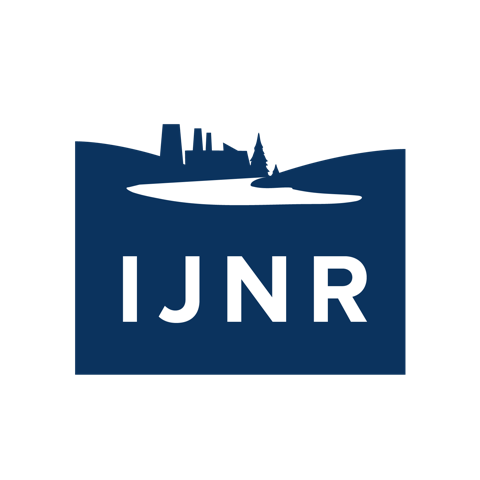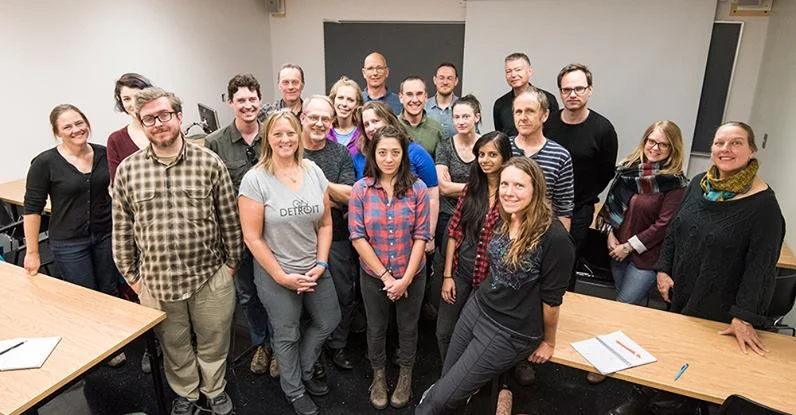Saint Lawrence River Institute
September 23-29, 2018
Quebec, Ontario and New York
The Great Lakes contain 20 percent of the world’s fresh surface water, provide drinking water for more than 30 million people, move American and Canadian grain and iron, and play a large role in economies from Chicago to Toronto to Montreal. The Great Lakes, like the Mississippi River, also connect North America’s heartland to the larger world – through the St. Lawrence River. And while the St. Lawrence has unquestionably facilitated immense economic activity, this man-made connection between the Great Lakes and the Atlantic has also introduced costs: invasive species upend ecosystems, legacy pollution lingers, and costly, sometimes obsolete, infrastructure projects are challenged by a changing climate.
From September 23-29, 2018, IJNR conducted a six-day,program on this vital - but often under-reported - waterway. Using Montreal as a hub city, this program investigated natural resource and environment issues surrounding the St. Lawrence River, including:
The role of the St. Lawrence River in the shipping economy of the Great Lakes.
Impacts of invasive species moving through the St. Lawrence Seaway
The toxic legacy of industry on the river and the current status of clean-up efforts.
Environmental and cultural conservation efforts in native nations.
How the endangered right whale threatens business as usual on the river, and potential ripple effects on shipping and fishing.
The importance of outdoor economies to rural communities.
The intersection of extreme rain events, aging urban infrastructure and St. Lawrence water quality.
How the United States and Canada cooperate to manage a shared resource in a tense political climate.
Where We Went & What We Did
About IJNR
The mission of the Institute for Journalism & Natural Resources (IJNR) is to advance public understanding and civic engagement about environment, natural resource, public health and development issues through better journalism. IJNR conducts expenses-paid, expedition-style training and professional development programs for journalists at all career stages and from all sorts and sizes of news outlets, ranging from newspapers and magazines to radio, television and online operations.
Support for this program provided by the Joyce Foundation and other individuals and foundations.
IJNR maintains editorial independence and control in all of its programming and decision-making.


























